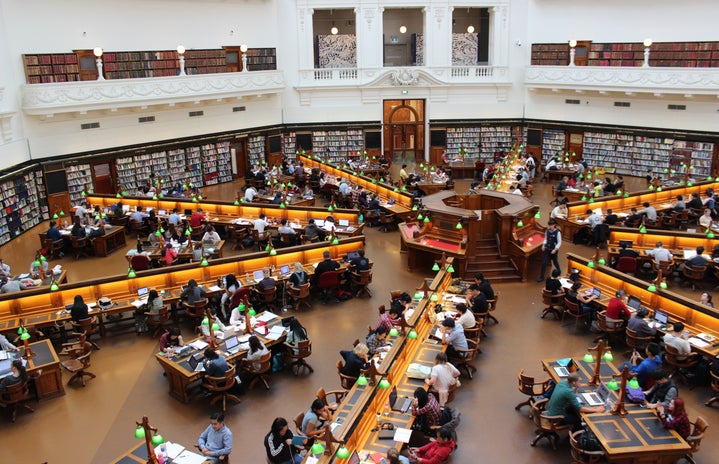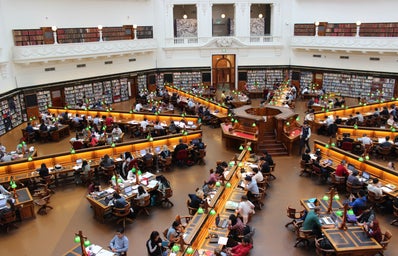When I was very young, I remember my older siblings and cousins trying to get me to spell my last name. I was pretty precocious as a child, but for some reason the letters D-E-M-B-I-N-S-K-I never seemed to put themselves in the correct order in my mind. I was disappointed that my cousin Marcus, who’s a year younger than me, was able to get it before me.
Eventually, I learned to spell my name, and I was very proud of myself. But the people around me have always seemed to have trouble with it. It’s one of the more phonetic Polish names, unlike Gronkiewicz for instance, but people seem to get hung up on the differences between M and N, and B and V. I’ve never felt burdened by an odd name, however, and have come to regard it as a key part of my identity. Even more than an odd spelling connected to my name is an interesting family structure attached to it. A (very short) history: my paternal grandfather, from whom I inherited the name, came over from Poland during World War II with his family. An extended network of relatives in Europe eventually evolved into a surprisingly structured organization. The main manifestation of this organization on my life is that every five years a huge reunion is organized in Poland and all the different branches of the family comes together for just under a week.
The latest reunion was in 2015, and the family took over an old monastery that now functions partly as a hotel and tourist destination. There were dozens and dozens of people of all ages from various countries and different places in the US. The experience was slightly overwhelming for an introvert like me, but also deeply grounding.
When I say “deeply grounding,” I mean that it’s somehow very comforting to have a sense of myself in relation to a large group of people connected to me by blood. I was able to recognize facial characteristics and people’s mannerisms and connect them to my more immediate family. There’s a deep human need to be connected to people and know one’s origins, and seeing so many different relatives, distant though many of them were, was a really special experience. It was also fascinating to see some of the bureaucracy of the family at work, as odd as that may sound. I’m still wowed by the fact that there’s a Family Association, with a board and members and voting. Sitting in the dining area of the monastery at the reunion, I felt vaguely like I’d been transported back to the middle ages, which was heightened by the presence of the family crest (apparently shared with other families, according to Wikipedia).
Of course, if it was the middle ages, I personally would face very limited prospects as the third daughter of a second son. The oddities of fate have manifested in other ways to me as I’ve thought about my place in the family and the world. If my grandfather had stayed in Poland, maybe I (or a version of myself) would be growing up there and my life would be totally different. I might go by Dembinska (the feminine version of Dembinski) and have Polish as my native language instead. With recent national developments on the immigration front, I was reminded of the great fortune that my grandfather was able to make it to America at all. If he and his parents were members of a different religion, or didn’t have the connections they did, they might have faced a bleaker fate. In a lot of ways it’s only because of immigration policies working in my family’s favor that I’m here at all. The Dembinskis weren’t inherently better or worse than other people. I can’t lose sight of that, because if I do, I’m shutting out the experiences of the people who are trying to get to this country and can’t, and maybe need to.
Family: you can have a small one, or a big one, but ultimately you’re connected to more people than seems possible at first. I’m connected to more families than the Dembinskis, and those stories are just as important. However, it’s been valuable (and fun) for me to have such a useful focal point to think about issues of human connectivity.
Image Credit: Katie Dembinski

